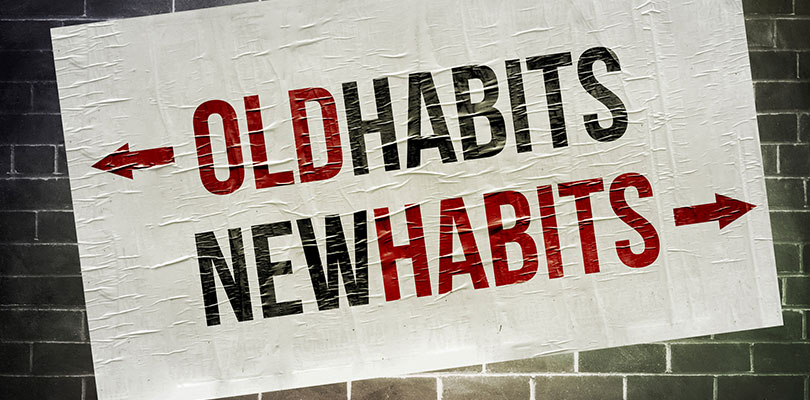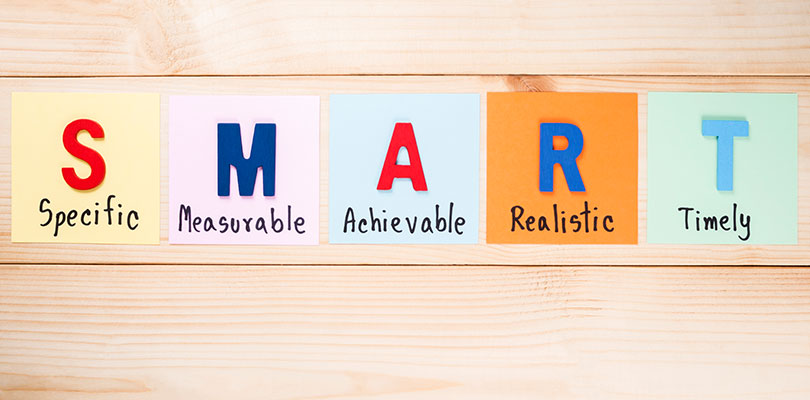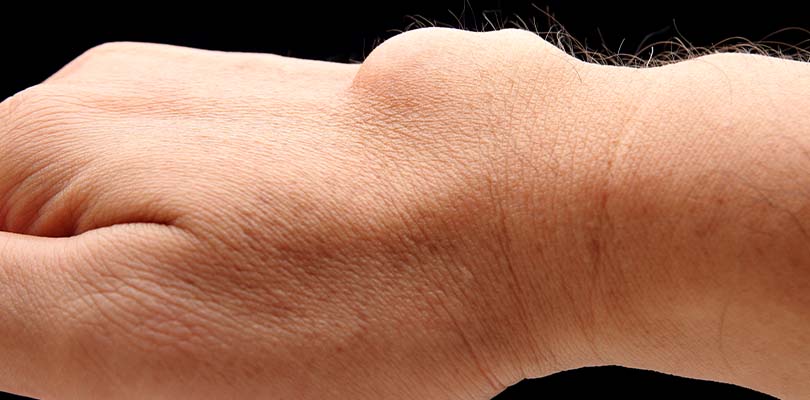
Photo Credit: gguy44 / iStockPhoto.com
Gather Your Support Team and Start Making Good Habits
Building a new habit is a simple task that requires no planning and very little work on your part to accomplish. New habits are so easy — anyone can do it. Unfortunately, this only applies to bad habits.
Good habits are an entirely different beast. They require hard work, dedication, and a level of enthusiasm.
The process can be grueling, but the resulting sense of accomplishment makes all the effort worthwhile. Good habits create good lives.
Here are eight tips to help you form, practice, and establish your good habits.
Identify Your Habit
What do you want to do? Here, you will need to be as specific as possible, since many people opt for an overly vague idea.
Saying, “I want to be happy” or “I want to be healthier” are nice concepts, but they are so broad that building the habit will feel impossible. During your identification process, be sure to focus on what you want instead of what you do NOT want.
Saying, “I want to quit eating junk food” involves ending a bad habit, not building a good one. If you set out to end a bad habit, there is a good chance others will emerge in its absence.
For the best results, attend to creating new, desirable habits. When these are strong, they will leave little room for the bad habits to exist.

Photo Credit: npstockphoto / iStockPhoto.com
Set Small Goals
Once you have clearly identified your new habit, you can shift to setting goals to accomplish it. The goals should be small, practical, and obtainable.
If your starting goal is too outlandishly complex or impossible, you will never develop the motivation to begin.
If your new habit is to eat healthier foods, a good starting goal would be to eat more fruits and vegetables. It seems small, but that is the point. By setting yourself up for success, you can build momentum to accomplish more later.
Another characteristic good goals have is measurability. This helps to illustrate when the goal is achieved. The goal of eating one fruit and one vegetable each day for two weeks will meet the requirement.

Photo Credit: vgajic / iStockPhoto.com
Schedule It
Good habits must be scheduled. They are not part of your normal, everyday routine, so there is little chance you will spontaneously feel like engaging in your goal behavior.
Habits are built on the inertia of routines. This new habit has no movement yet, so you must force the situation. By scheduling the event, you build your whole hour, afternoon, or day around it, which improves the likelihood of you completing the target behavior.
This also allows you to employ a number of tools to remind you of the event and reinforce the behavior. Setting a series of alarms, reminders, and notifications will make you aware of the scheduled activity and more likely to tackle it on schedule.

Photo Credit: Mikolette / iStockPhoto.com
Get Consistent
Habits happen regularly, so if you want to form a new one, you must do it consistently. Based on your actual habit, your goals, and your scheduling, you may complete your good habit yearly, monthly, weekly, daily, or many times per day.
Whatever your desire, performing it consistently will be the only way to transform it into a habit. This is because habits require a strong association between stimulus and response — the strong consistency will yield stronger associations.
When associations are very high, the habit will occur with little thought or work. Until you get to that point, be diligent in your consistency.
Wellness tourism is defined as travel connected to the pursuit of increasing or maintaining one’s health and well-being.

Photo Credit: kieferpix / iStockPhoto.com
Expect Setbacks
Any attempts to change your habits or foster new ones will be met with resistance. The people around you, your environments, and even your thoughts will place a series of barriers between you and your desired habit.
This is expected because there is a sense of comfort with the predictable routines. When setting out, do your best to forecast what or who may present an obstacle. At the same time, prepare yourself or unforeseen issues emerging along the way.
By expecting setbacks, you can prevent a sense of discouragement that could end your mission.

Photo Credit: Rawpixel Ltd / iStockPhoto.com
Employ Your Supports
Some people will be obstacles, but the majority of the people in your life should provide support and encouragement towards your new habit. Tell them what you want to accomplish — this act helps make your goals more tangible.
Now that they know, tell them what they can do to help. Should they give constant reminders, encouragement, or offer additional guidance? People in your life will be willing to help you succeed because when you do, you will be a better, more capable friend to them.

Photo Credit: XiXinXing / iStockPhoto.com
Reward Your Success
People (just like rats in a cage) are more likely to repeat behaviors if there is reinforcement associated with it. If there is a punishment or no response at all, the behavior will not be repeated.
Your attempts at building habits must be rewarded. Luckily, reinforcers come in all shapes, sizes, and budgets.
You can reward your successful habit-building attempts with money, a piece of candy, or a new purse. Intangible rewards work well also.
You can shower yourself with verbal praise. Bringing in your supports to add reinforcement will increase the positive association with the habit. Whether the reward is from you or your supports, try to reinforce the new habit immediately after it occurs to increase future motivation.

Photo Credit: wundervisuals / iStockPhoto.com
Repeat
You completed your goal of turning a behavior into a habit. Congratulations!
Hopefully, your goal linked to the good habit was small and attainable, which led to increased momentum once accomplished. Now, you can move on to the next item on your list: you can grow and expand upon your previous habit or you can branch off in a completely new direction.
Good habits are not static — they are constantly fluctuating and shifting. If you do not work on your good habits over time, there is a chance that this habit can give way to a new or recurring bad habit.
Because of this, sitting back to enjoy your accomplishment too long could be risky. Instead, set your sight on your next accomplishment.
While often presenting with flu symptoms, cold agglutinin disease is still very different. Here is what you need to know about this disease.







